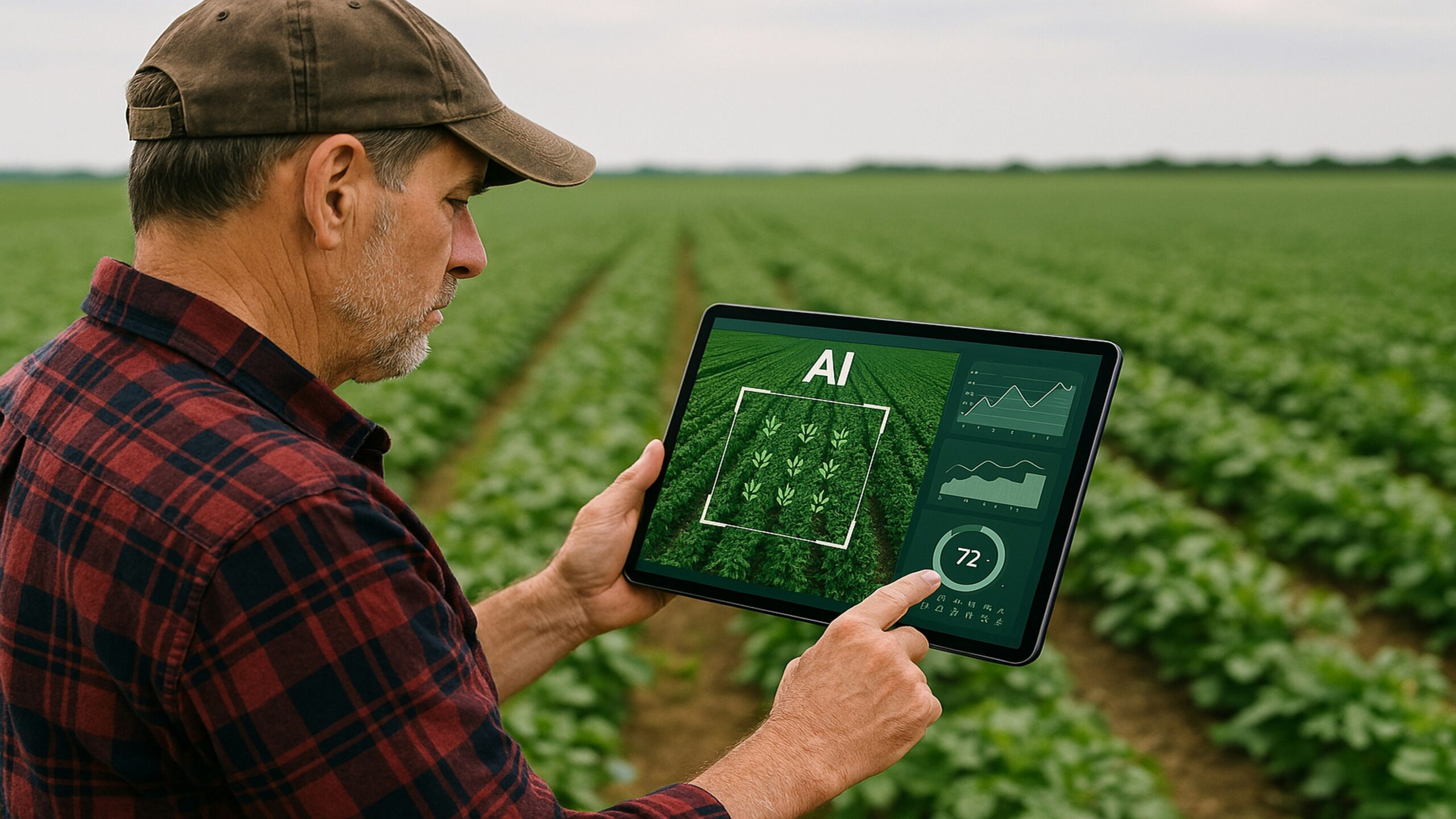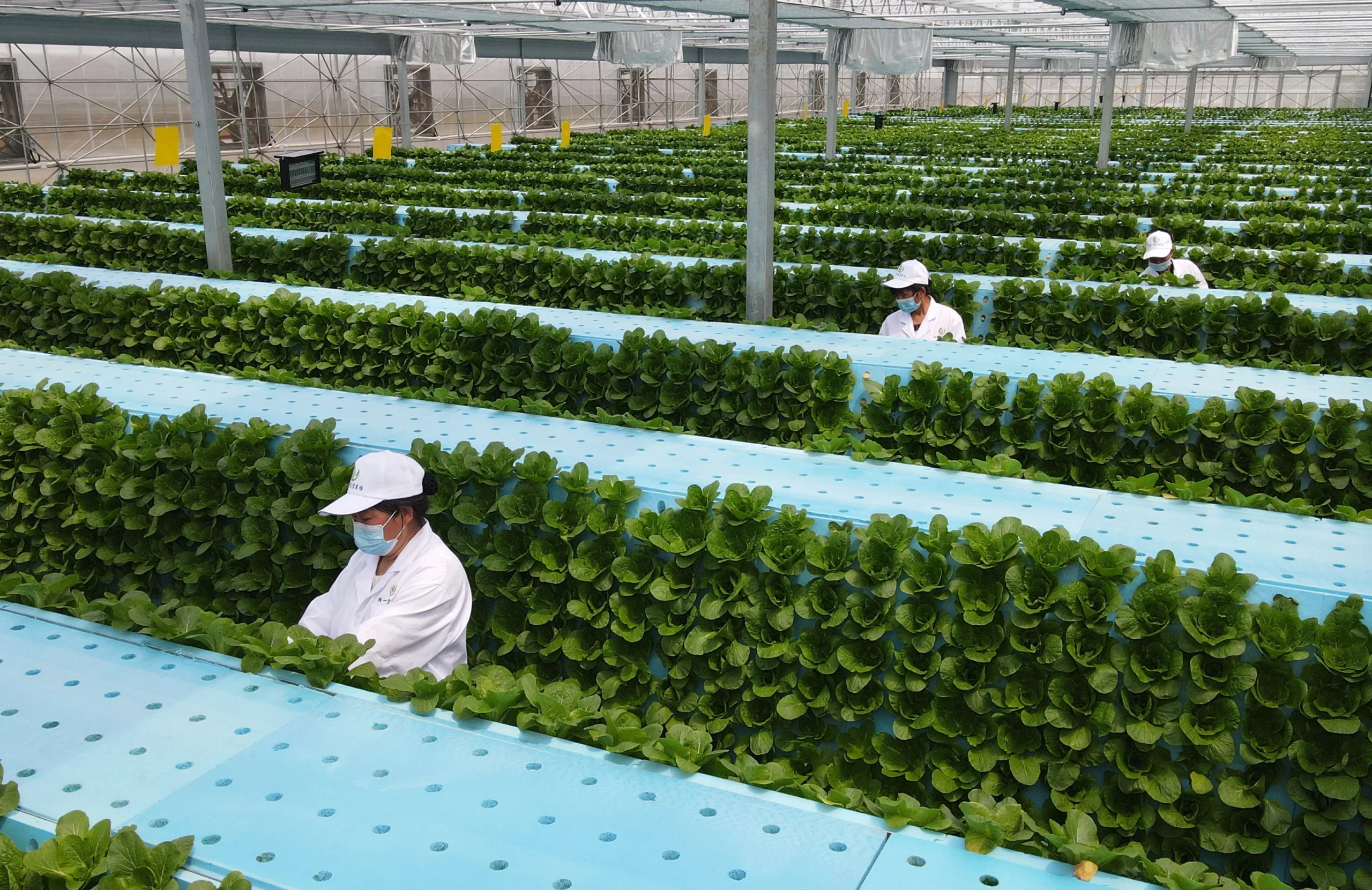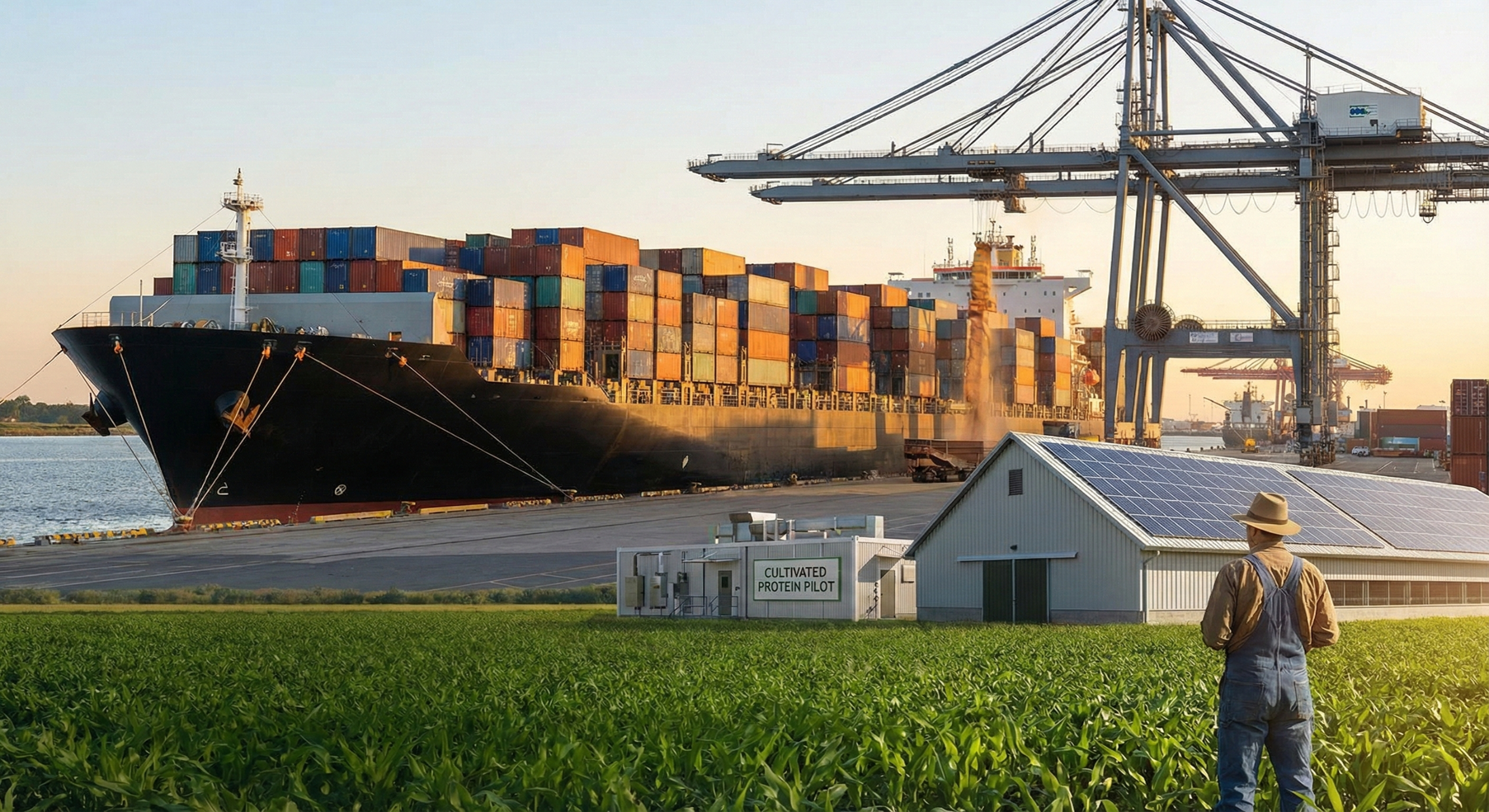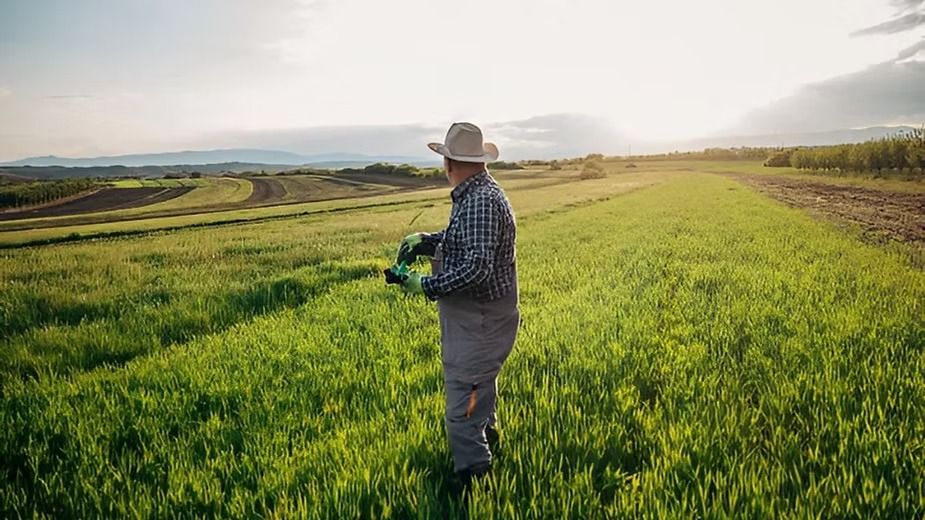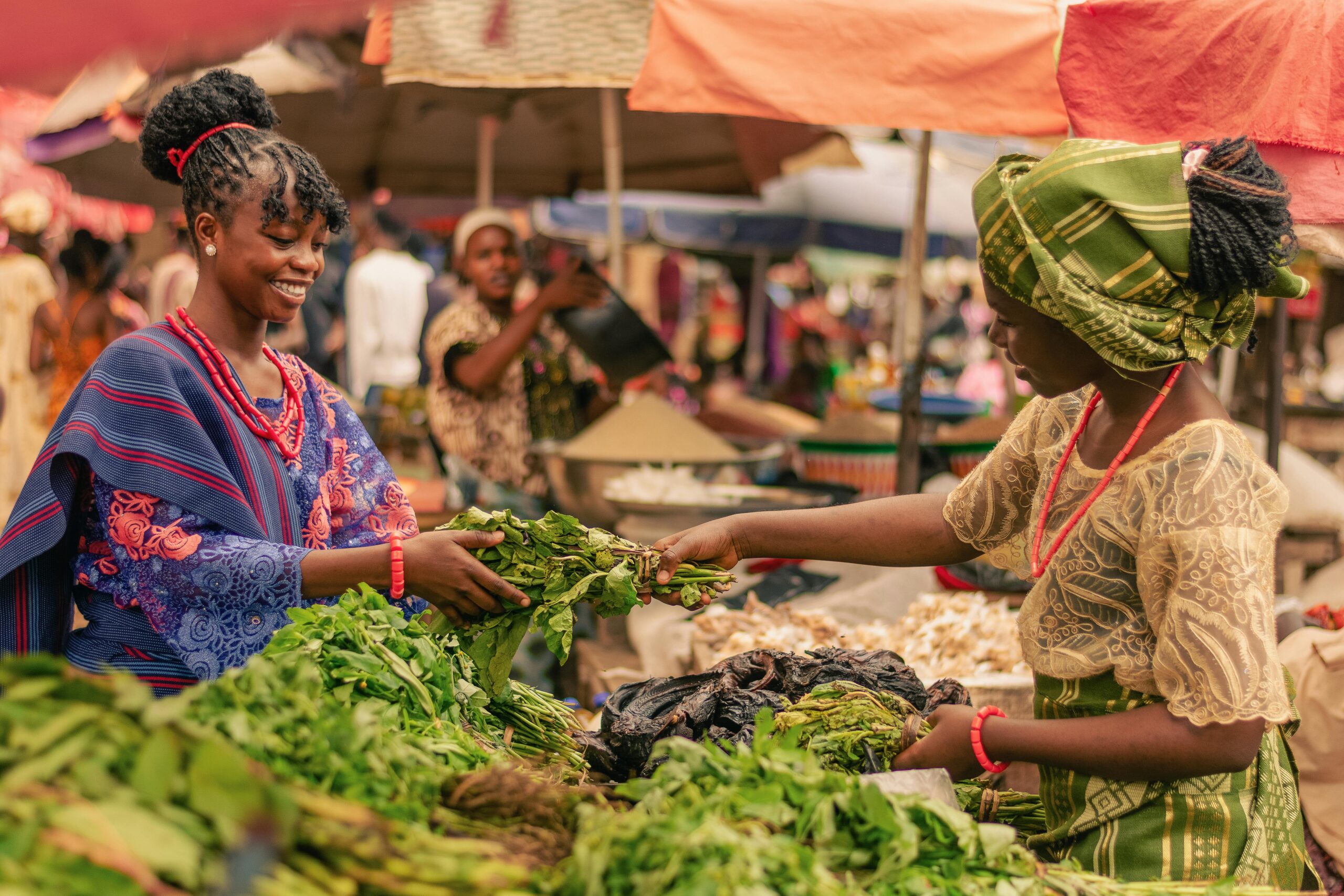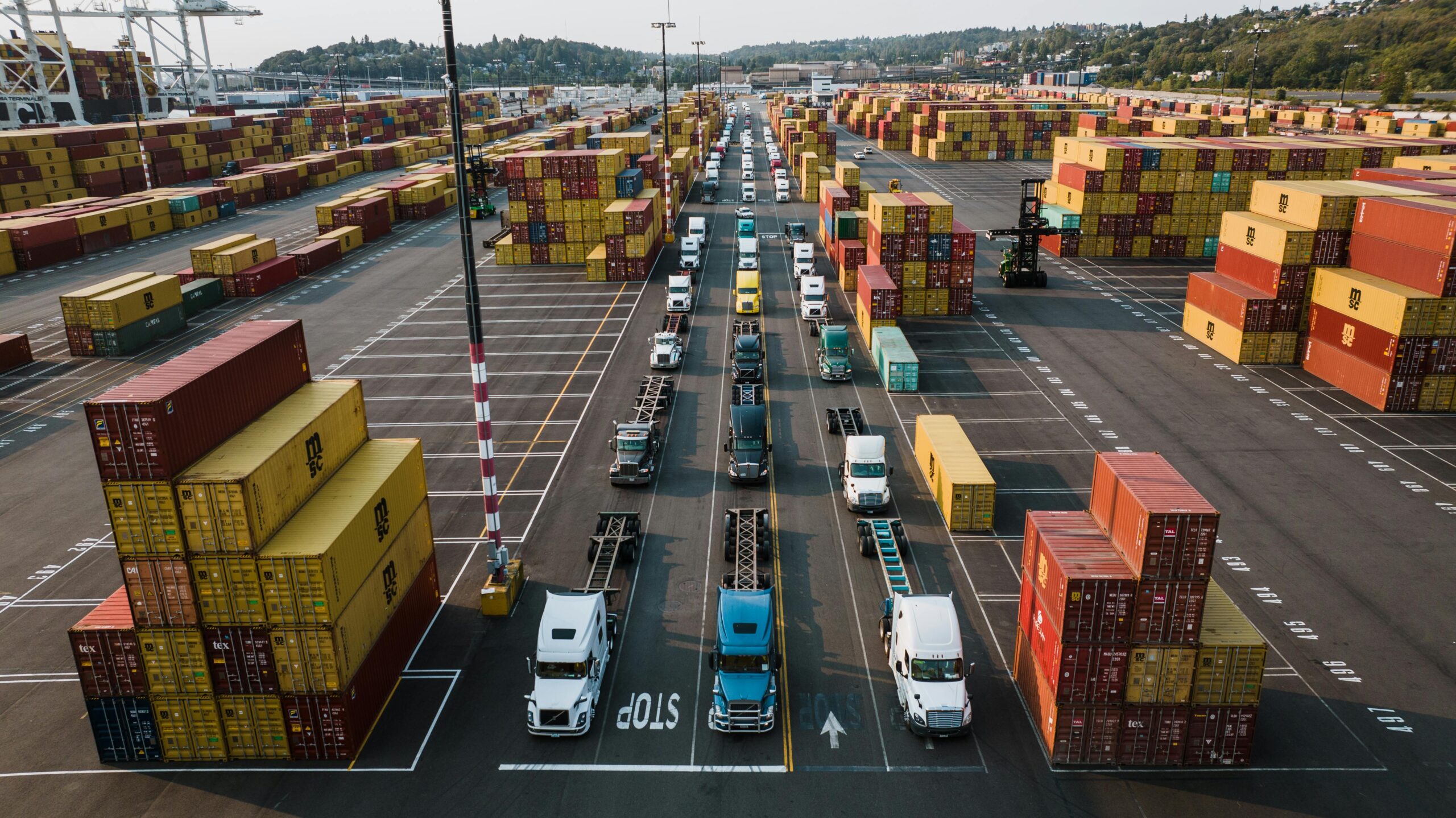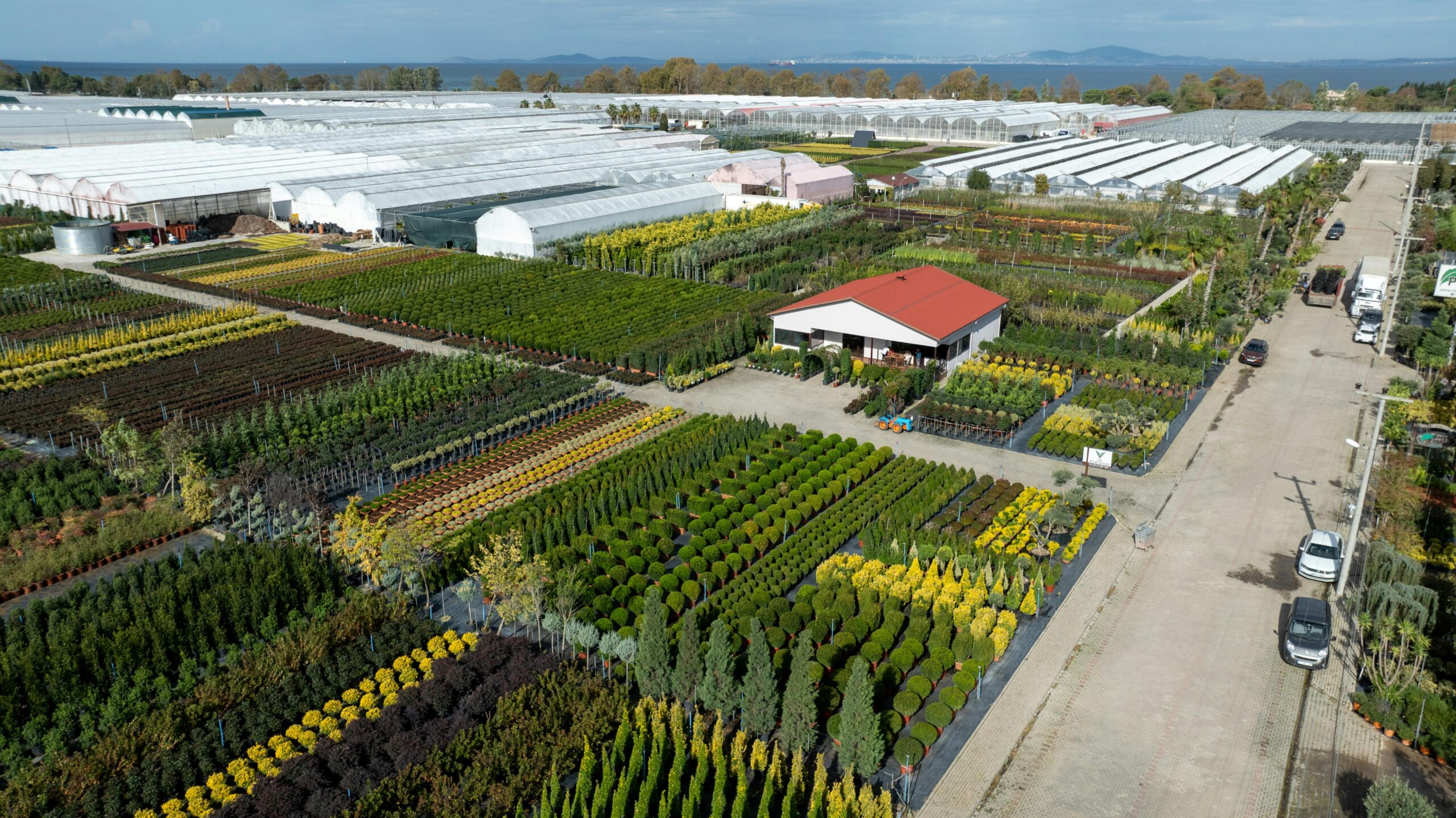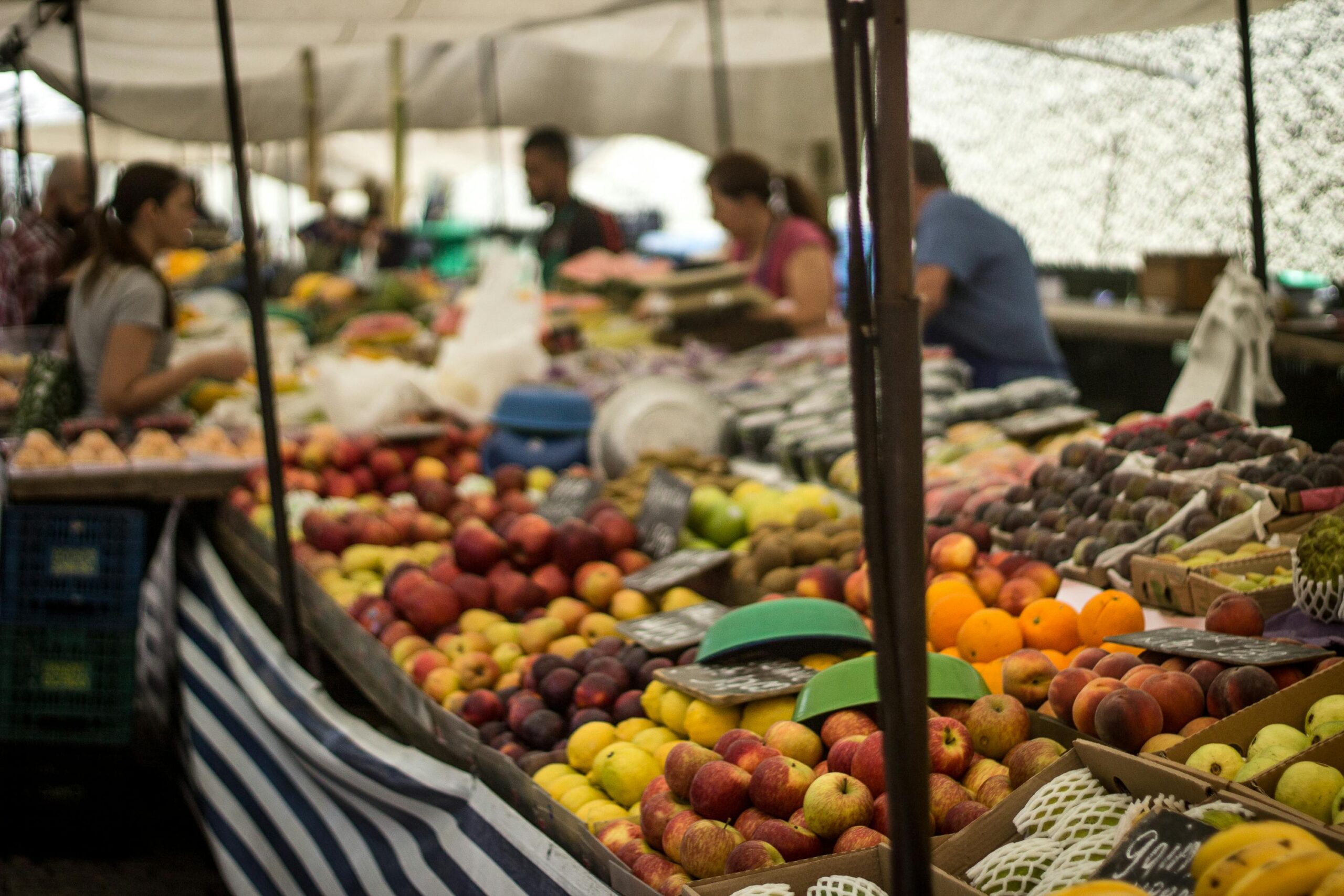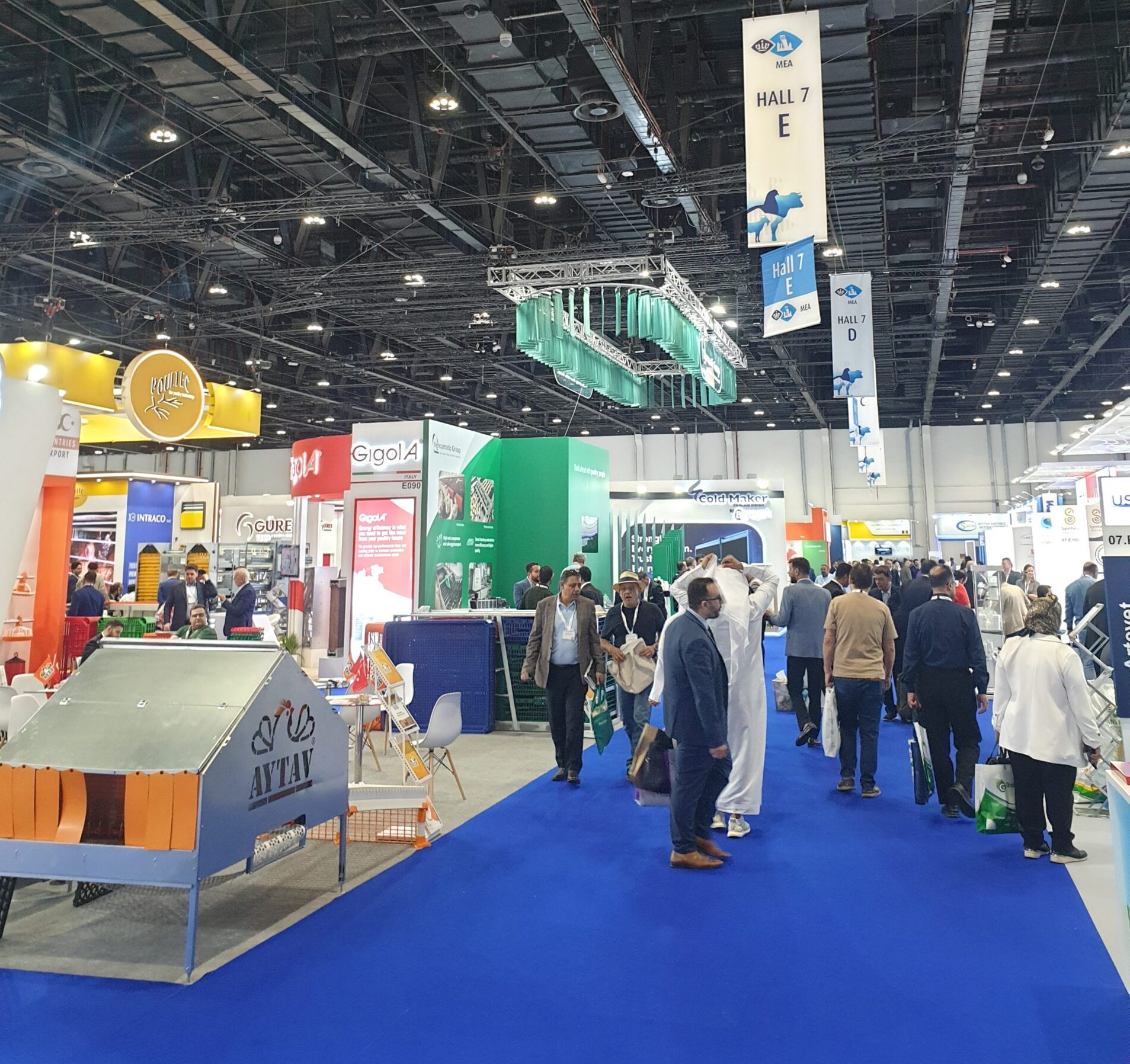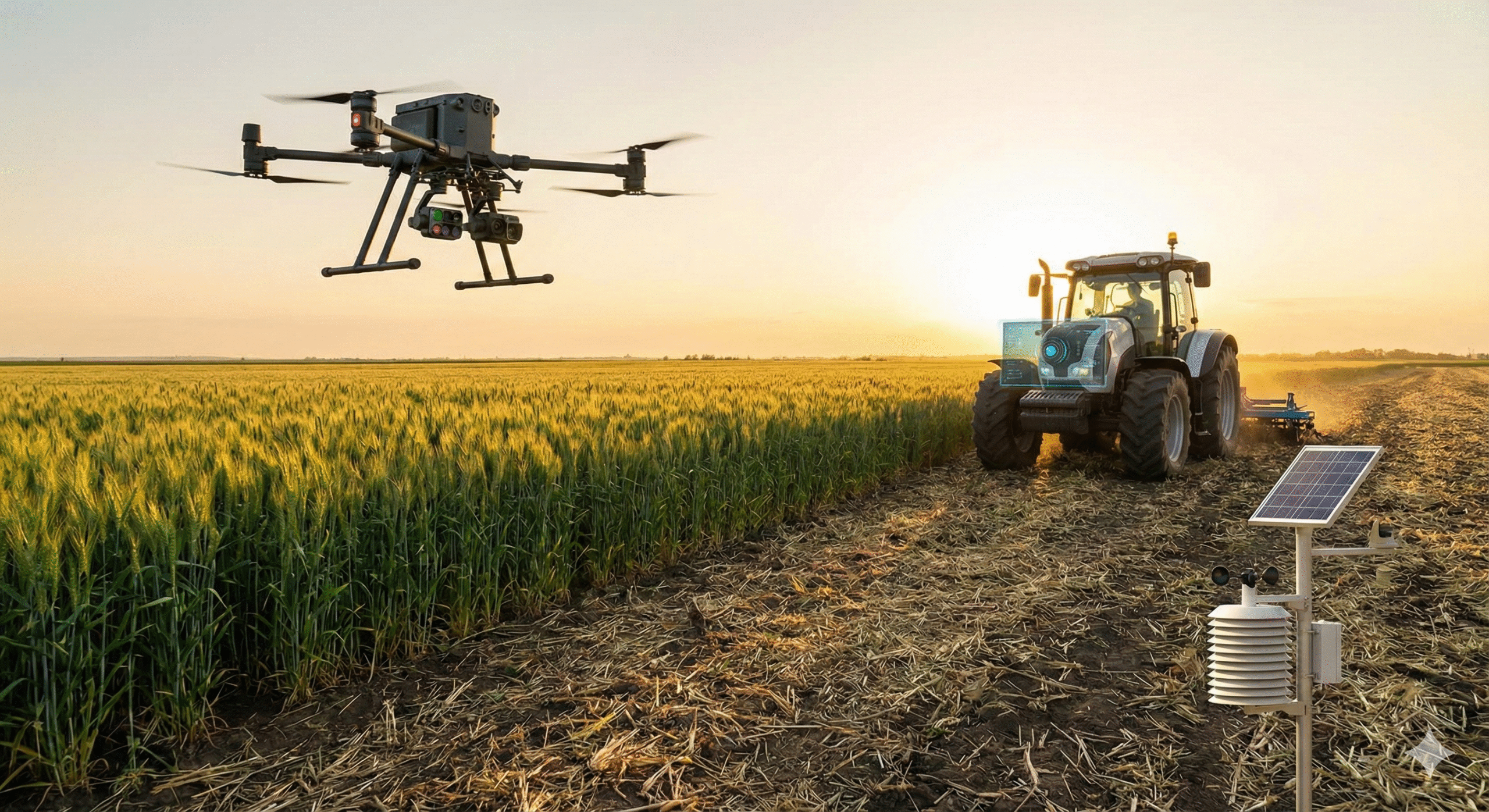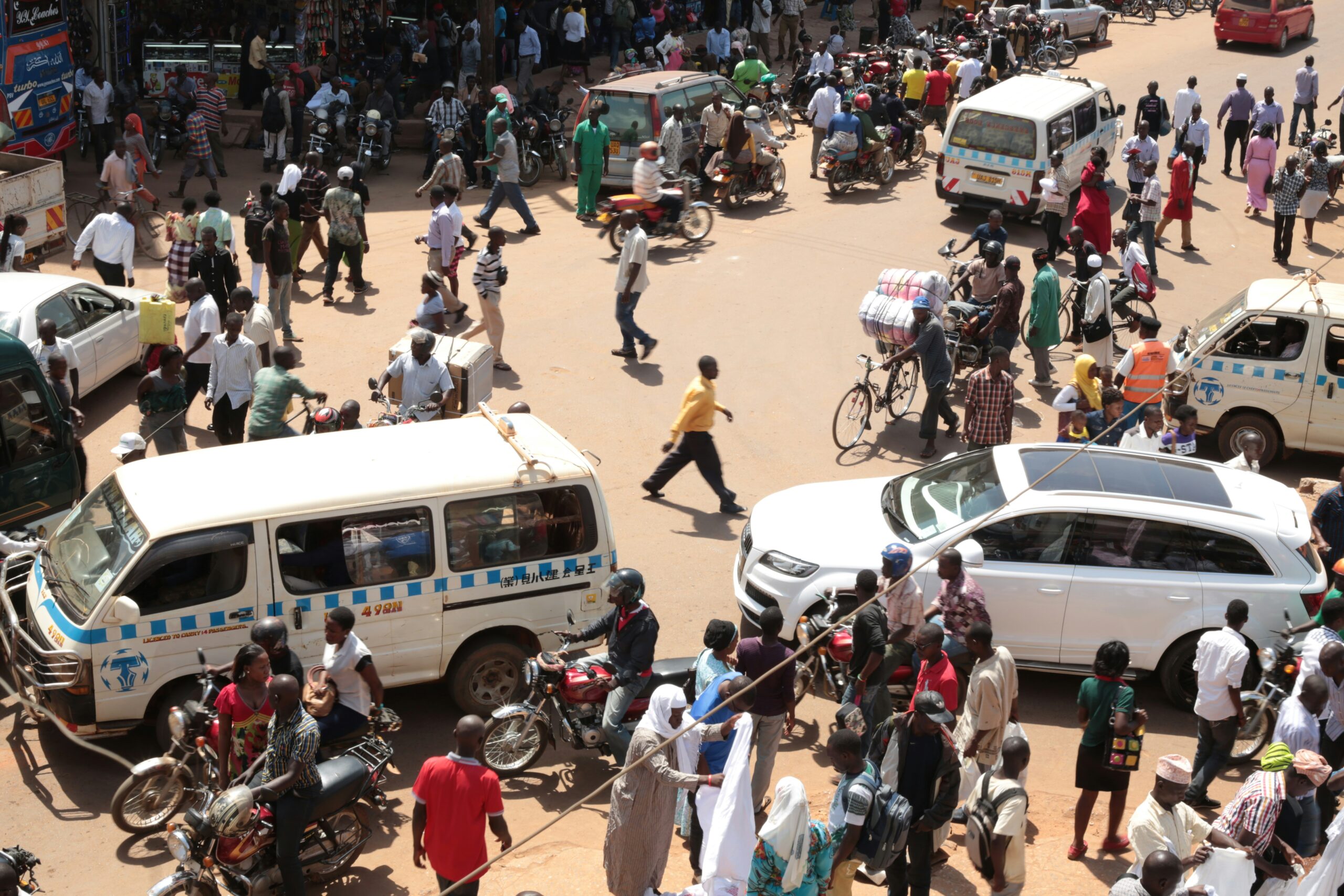
The Impact of Population Growth and Urbanization on Africa’s Food Future
Two powerful forces are shaping Africa’s future: rapid population growth and unprecedented urbanization. By 2050, the continent’s population is expected to double to around 2.5 billion, with more than half living in cities. These shifts are transforming not only where people live, but how they eat, work, and participate in the food economy.
As millions move to urban centers, they transition from being food producers to food consumers. City life changes dietary patterns, driving higher demand for diverse, processed, and convenient foods. This urban appetite is reshaping supply chains and creating new pressures on agricultural systems that must now feed more people, more sustainably, and more affordably.
According to the United Nations World Food Programme (WFP), over 300 million Africans — more than 20% of the population — already face hunger. Meeting the food needs of a rapidly growing, increasingly urban population is therefore not just a logistical challenge but a defining test of how effectively the continent can build resilience and shared prosperity. Within this challenge lies a clear direction for progress. The goal is not simply to grow more food, but to develop robust, efficient, and inclusive food systems that sustain livelihoods, protect natural resources, and strengthen local economies.
Africa holds about 65% of the world’s remaining uncultivated arable land, according to the African Development Bank. This statistic points not to expansion at any cost, but to a responsibility — to manage land productively and sustainably. Investing in climate-smart farming, soil restoration, and smarter irrigation can raise yields while preserving ecosystems. Despite these strengths, Africa’s food import bill is projected to exceed $110 billion by 2025, underscoring the need to build local value chains that reduce dependency and keep economic value within the continent.
Key areas for action include:
- Agri-tech and Climate-Smart Farming – Scaling precision agriculture, regenerative practices, and resilient crop varieties to boost productivity while protecting soil and water.
- Education and Skills Development – Expanding agricultural training, vocational programs, and on-the-job learning across farming, logistics, and food processing. Building local expertise in agronomy, supply-chain management, and digital technologies is essential for long-term progress.
- Supply Chain and Logistics – Expanding modern storage, cold-chain, and transport networks to cut post-harvest losses, which can reach up to 40% for perishable produce.
- Food Processing and Manufacturing – Strengthening local processing capacity to create employment, stabilize supply, and ensure access to nutritious foods.
- Retail and Distribution – Improving last-mile delivery and modern retail systems to meet the needs of rapidly expanding urban populations.
Feeding Africa’s future is not only essential for social stability — it represents one of the continent’s most strategic economic growth opportunities. Companies that help build resilient, transparent, and efficient food systems will not only generate profit but also long-term, inclusive value.
At ASAFI, we focus on practical, sustainable solutions that connect farmers, processors, and markets across Africa and beyond. By investing in infrastructure, technology, and human capital, we strengthen local supply chains, reduce losses, and enable producers to thrive in competitive global markets.
Africa’s food challenge is immense, but its potential for progress is even greater. With collaboration and vision, the continent can secure its own nutrition — and help feed the world — in a way that is equitable, regenerative, and enduring.

